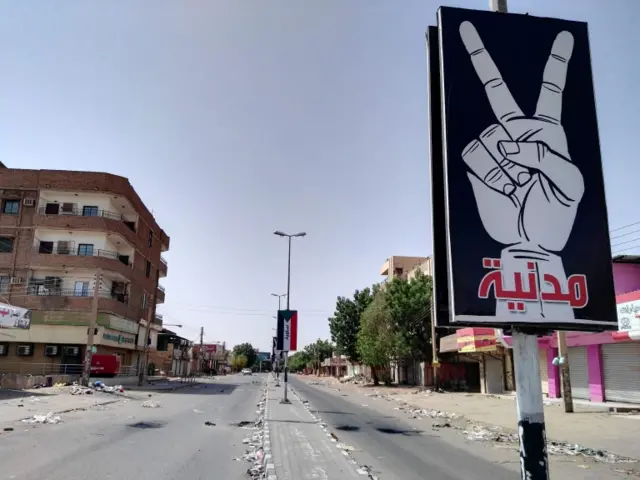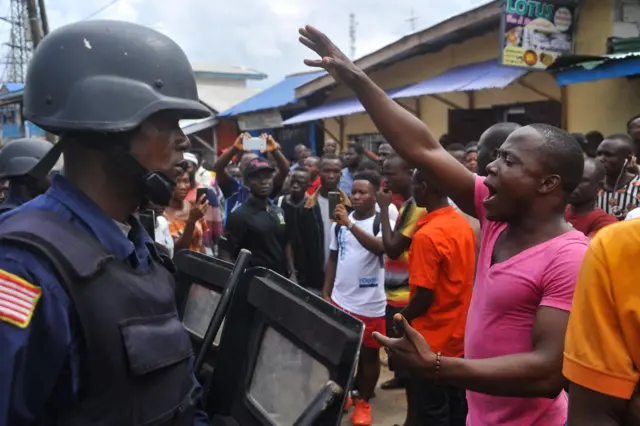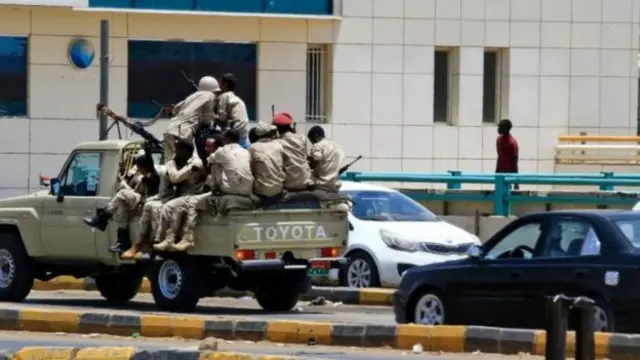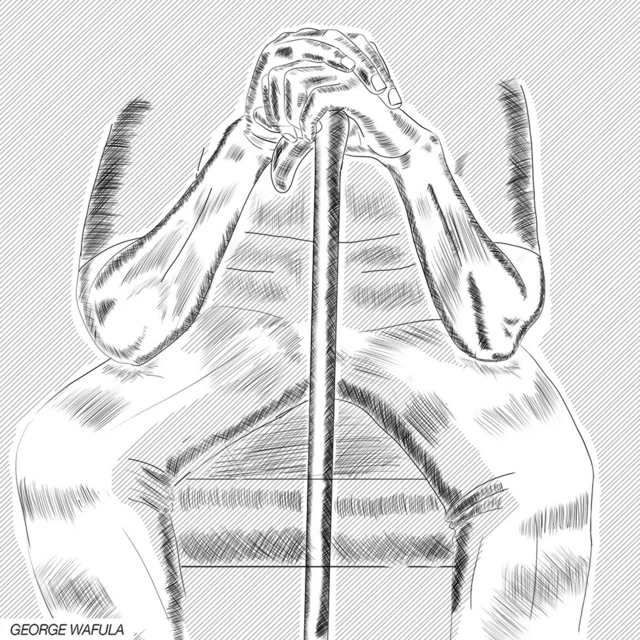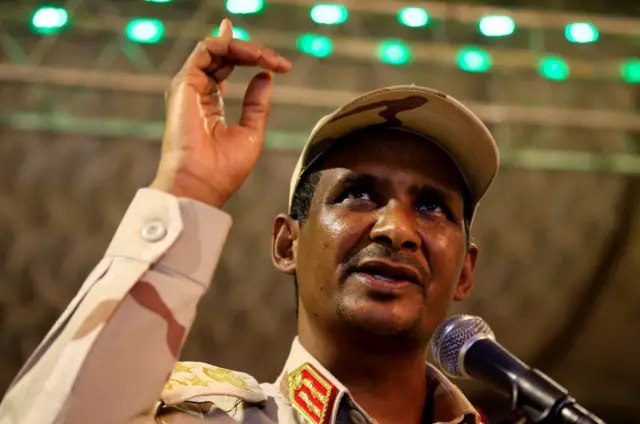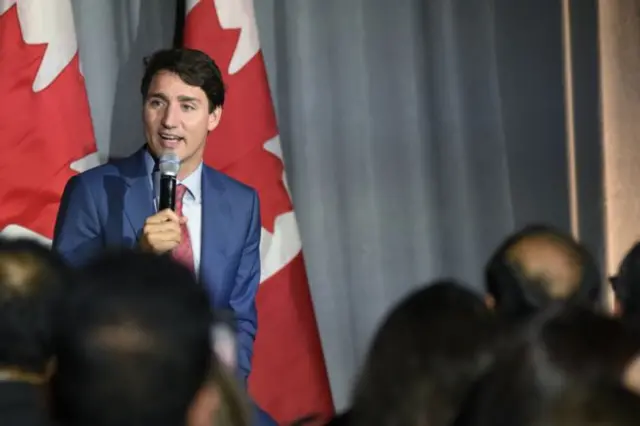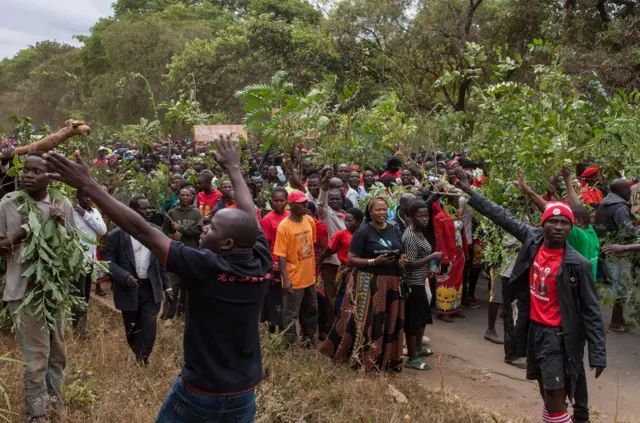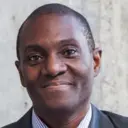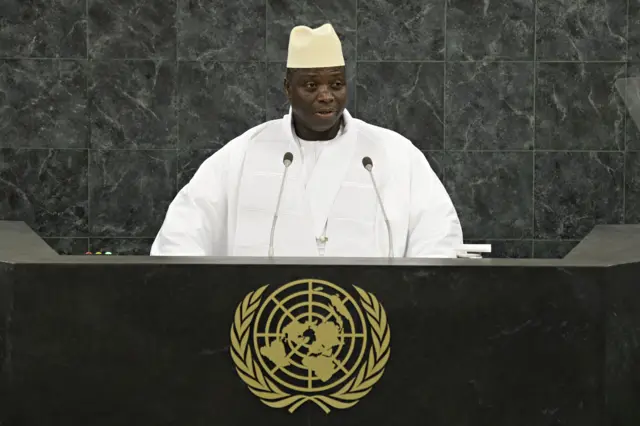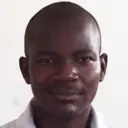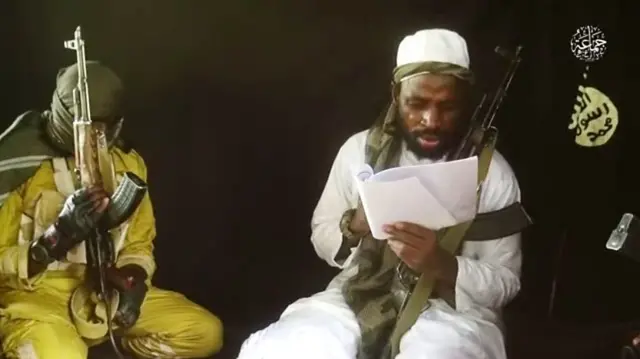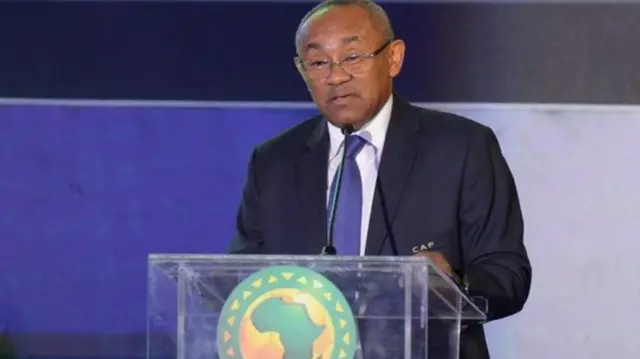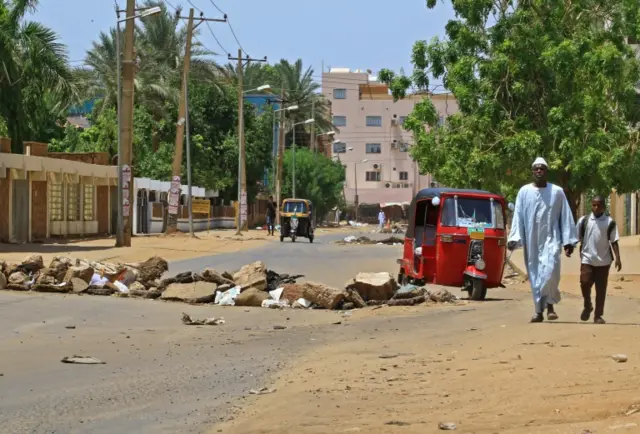'People with locs are seen as miscreants'published at 06:58 BST 7 June 2019
Nigerians who have their hair natural styled in dreadlocks sometimes find themselves viewed in a negative light.
The police are accused of profiling young Nigerians who’ve had their hair styled this way, suspecting them of being in gangs.
Ehiz ‘Dada Boy Ehiz’ Okoeguale, a TV presenter and Ade Balogun, a "loctician" don’t believe they need to explain their natural hair styles to anyone.
Dada Boy Ehiz told the BBC:
Quote MessagePeople who wear dreads are seen as drug addicts or drug dealers and smoking marijuana."
Ade Balogun said:
Quote MessageWho is going to marry you when you have this kind of hair."
Watch more here:
Dreadlocks in Nigeria: 'People with locs are seen as miscreants'
